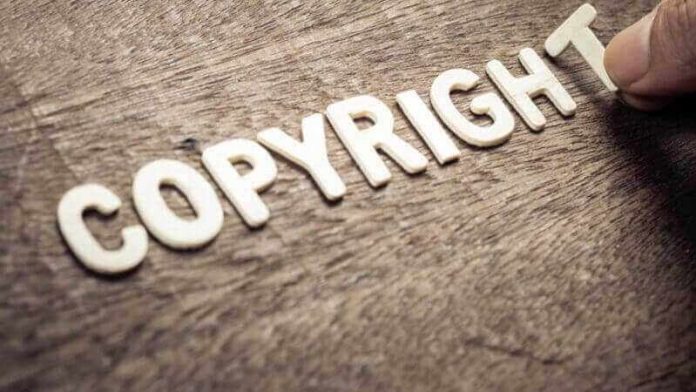We all are in the 21st century where the internet and the world wide web are making everything very comfortably accessible to everyone. The greater the developments in technology, the greater the challenges to Copyright in Cyberspace. In history’s world of entertainment, information, and technology, intellectual property has become increasingly vital.
As network and Internet technologies evolve, the scope and diversity of IPR infringement grow. Copyright is one of the most significant types of intellectual property rights, and it has been greatly influenced by technology and the Internet. The Internet is unavoidable in many parts of life, including corporate operations, and abandoning cyberspace to deal with copyright issues is not an option.
Since their creation, copyright laws have evolved in reaction to technological breakthroughs. These technologies, like many other improvements, are both promising and possibly harmful to various parties involved in the use and exploitation of authorship, from books and music to films and websites.
Also Read: How to Spy Legally?
Here, we will discuss we want to highlight the copyright issues in cyberspace. The number of content creators is increasing, it is an effort to bring awareness of the challenges that exist in protecting the content.
What is copyright in cyberspace?
Copyright is analogous to other property rights, such as land ownership, in that the landowner owns everything on it, from the sky to the ground. Copyright operates on the same principles, but with a few caveats.
What type of digital technologies with copyright implications?
The technologies that are currently raising concern for copyright law are digital storage and transmission of works. Some of the components of these technologies that are relevant to copyright law are as follows:
Reproducibility
Once a piece has been rendered in digital form, it may be copied rapidly, inexpensively, and with high quality. Each copy can then be duplicated indefinitely without sacrificing quality. Millions of individuals can be served by a single digital copy of a book in this way.
Dissemination ease
The rapid and global transmission of digital inventions has been made possible by the advent of global digital networks. Information can be distributed to a large number of individuals using digital networks, such as social media platforms (although, unlike broadcasting, digitized materials need not reach each individual simultaneously).
Also Read: What is spear phishing?
Storage convenience
Digital storage is thick, and it’s only getting denser with each passing year. Larger and larger amounts of material can be held in a smaller amount of space.
Cyberspace’s current problems
Copyright violations have been common since the internet’s inception and the development of related information technologies. Copyright infringement is not limited to a few blockbusters; it is pervasive in cyberspace and affects a wide range of digital objects.
To prevent works from being duplicated and distributed, copyright owners have implemented technical safeguards such as the Electronic Copyright Management System (ECMS).
Also Read: How to get bail in India?
Copyright violation includes Caching, plagiarism, illegal use of database or computer software
Actions which need to be protected in cyberspace are uploading & downloading, linking, peer to peer file sharing, copyright infringement on social media, etc.
Options for redress in case of copyright infringement in cyberspace
When a copyright is violated, the owner of the copyright can sue for damages, injunctions, profit of accounts, and delivery of infringing items. Copyright holders who have had their rights infringed on can seek redress from Indian courts in a variety of ways. One of these processes is to have all non-compliant copies, including master copies, taken away and destroyed.
Also Read: What is the data protection Act?
If someone violates the rights of others, the Copyright Act of 1957 provides three options:
- Civil Remedies (Sections 54–62),
- Criminal Remedies (Sections 63 and 63B),
- Administrative Remedies are the three types of remedies available.
The Act provides the following legal options to someone who has been wronged:
- Account Conversion
- Restrictions
- Injunction
- Damages
- Destruction of Infringing Copies
Copyright has been changing time to time due to change in technology. And the growth of internet, copyrights are now successfully implemented in cyberspace. When it comes to defining copyright in cyberspace, new opportunities with potential threats are found. In many cases, threats are bigger than opportunities. To protect copyright, cyberspace needs more strict rules.


